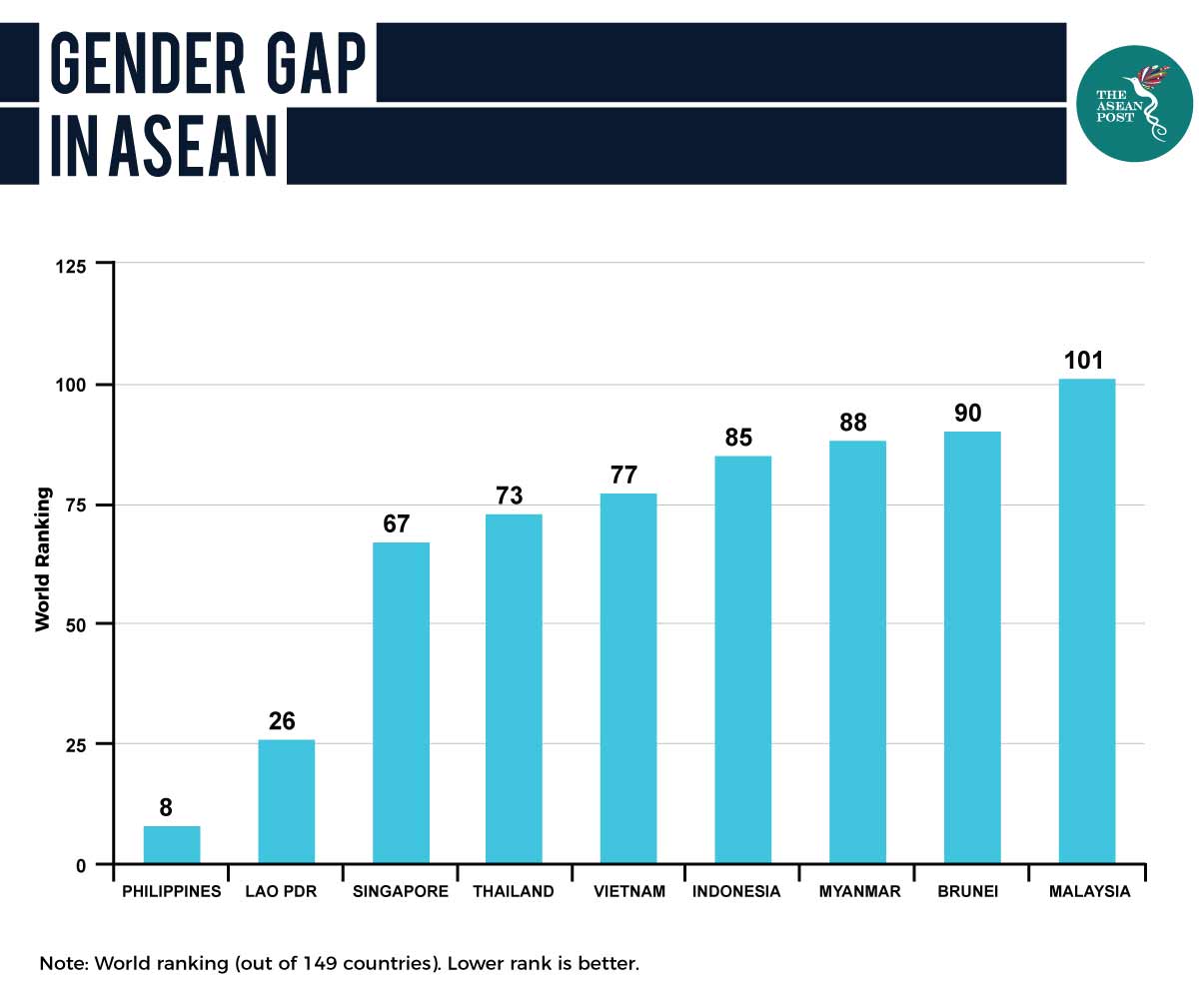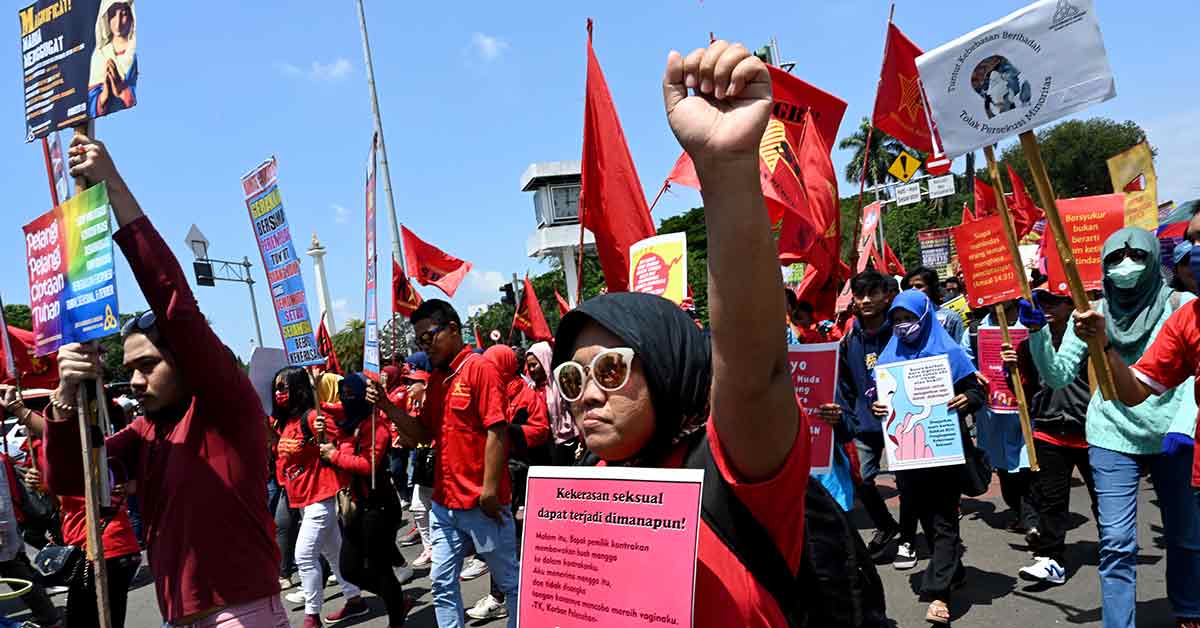Indonesia has come in worst in ASEAN for women representation in management and didn’t do very well as far as women in board positions goes either. This was according to a survey which included five of the bloc’s members (Indonesia, Malaysia, Singapore, Thailand and the Philippines).
Recently, the Credit Suisse Research Institute (CSRI) released results of its third CS Gender 3000 report. The study analysed the gender mix of executive teams at over 3,000 companies across 56 countries, comprising 30,000 executive positions. This included 1,280 companies from Asia-Pacific.
According to the report, globally, the proportion of women in management has risen to 17.6 percent in 2019. Regionally, the United States (US) (21 percent) and Asia Pacific (19 percent) reflected greater management diversity than Europe (17 percent).
In Indonesia’s case, the CSRI found that only 19 percent of those in management were women. Comparatively, both Malaysia and Singapore had 23 percent women in management, Thailand had 28 percent, and the Philippines had the highest percentage of women in management at 34 percent.
The case was similar as far as women in board positions go where Indonesia only obtained 11.3 percent. This was lower than Malaysia’s 28.6 percent, Singapore’s 18.4 percent, and the Philippines’ 13.6 percent. Nevertheless, Thailand was lowest in ASEAN at just 10.7 percent.
Indonesia also saw a lower percentage of women on company boards this year compared to previous years since 2015.
In 2015, the percentage was 11.5 percent; then the number fell to 10.7 percent in 2016 before rising slightly again in 2017 to 10.9 percent. In 2018, the percentage was at its lowest since 2015 at 8.5 percent before rising again this year.
The CSRI report is not the first of its kind to highlight the inequality between genders in Indonesia. In October last year, the World Economic Forum (WEF) released a report entitled “The Global Gender Gap Report 2018” which did not paint the best picture for the Southeast Asian country either.

According to the WEF report, Indonesia is ranked 85th out of 149 countries in the global gender gap rankings. The Philippines ranked 8th, the best in the region. Next was Lao with a ranking of 26, followed by Singapore in 67th, Thailand at 73rd and Vietnam at 77th.
Countries that did worse than Indonesia, according to the 2018 WEF report, included Myanmar which ranked 88th, Brunei at 90th, and Cambodia which was ranked 93rd. Malaysia ranked worst in 101st spot.
Overcoming the problem
There could be a number of issues leading to the absence of women in high positions in Indonesia. Most of these issues revolve around the lack of opportunity in the first place and the importance of this matter has been touched on numerous times before. Some observers also suggest that an important factor is the culture itself.
This was the assertion of Johanna Gani, managing partner of Grant Thornton Indonesia, who was quoted by local media as saying that there is a lack of female leadership because Indonesian culture is still strongly influenced by hierarchical structures and patriarchy. With this collective mindset, she said, there is a belief that men should hold leadership roles as they are perceived to be more competent.
This culture, in turn, may foster a vicious cycle where Indonesian women themselves hamper their own ambitions. In September 2017, Sintesa Group CEO Shinta Kamdani was quoted as saying that 30 million Indonesian women had made the decision to not climb the career ladder, adding that there was a perception that having an expanded role would disrupt the balance between work life and home life.
As is often the case, Indonesia must not only remove its glass ceiling, it must also foster an environment where women are encouraged to climb up the career ladder. Failing to do so, as The ASEAN Post has noted in previous articles, would only be detrimental to Indonesia’s capabilities to live up to its full potential.
Related articles:
